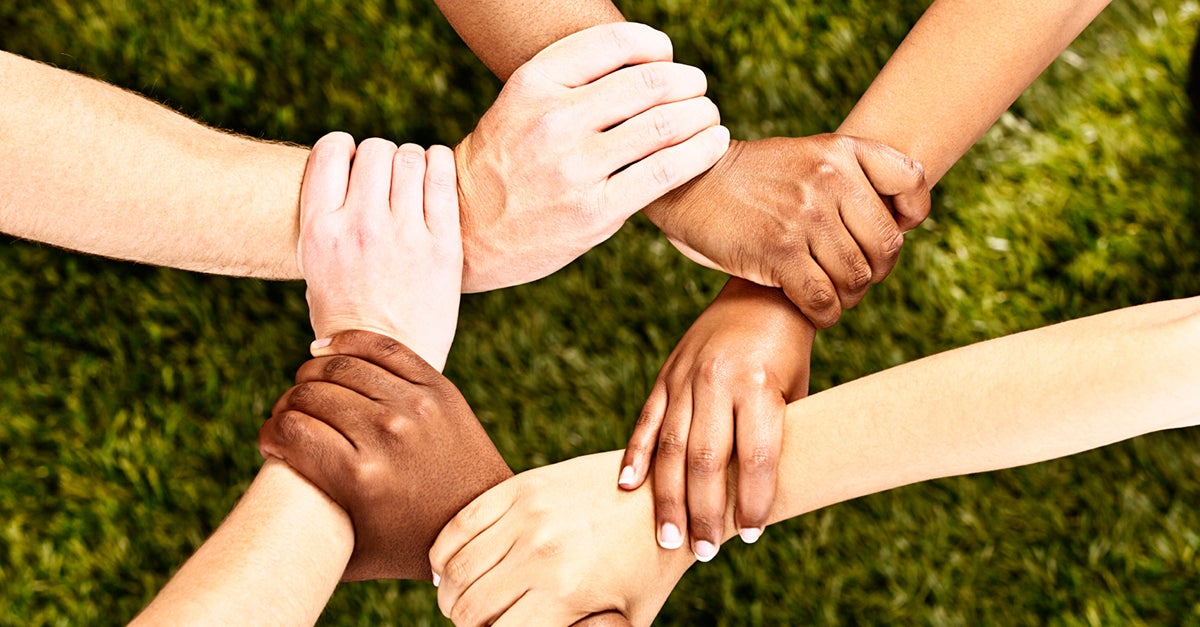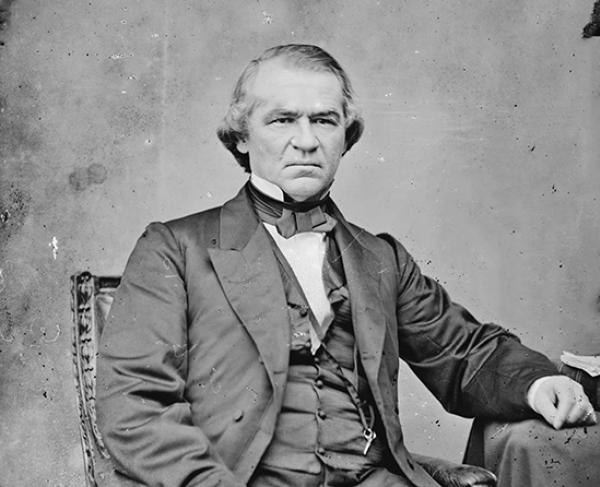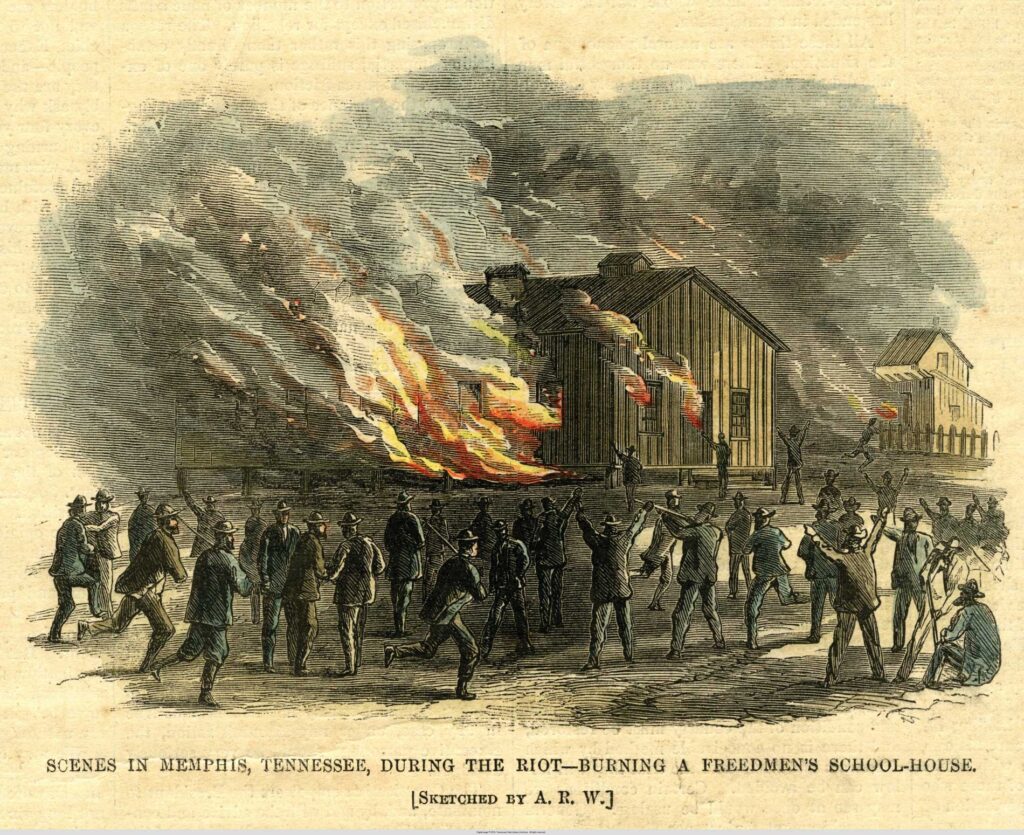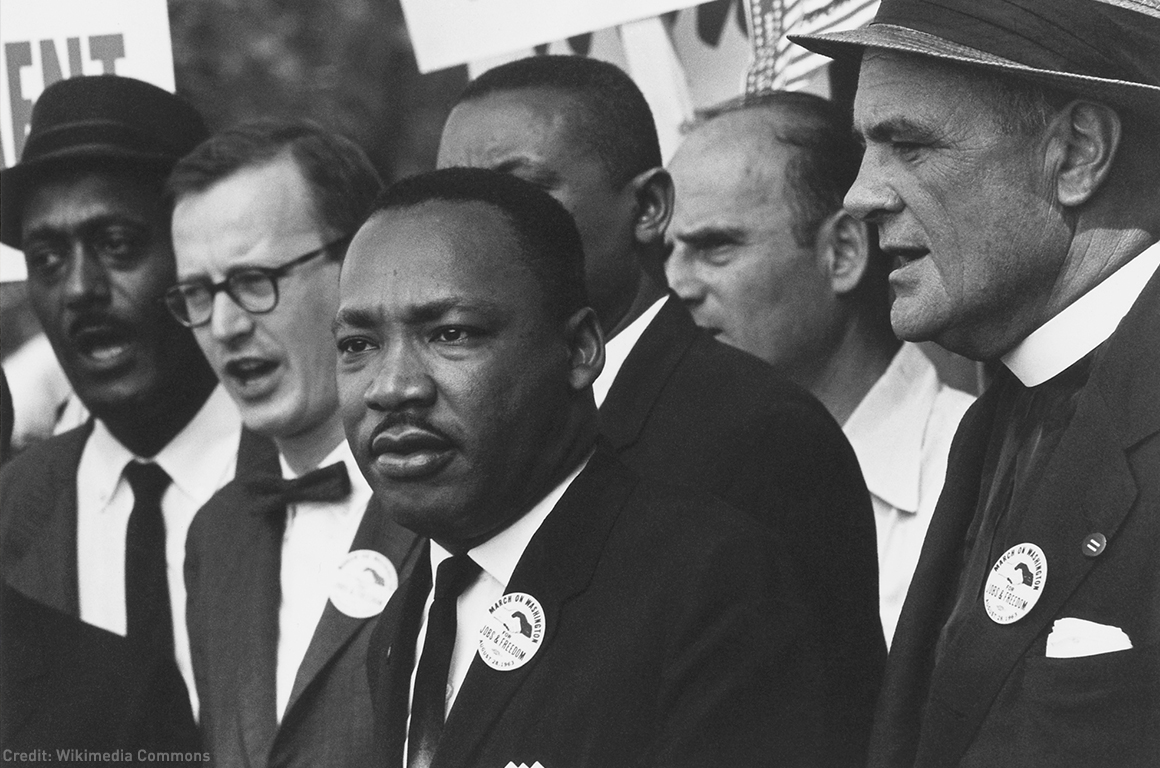During these eoto presentations, we were learning about events that either helped progress or slow/ get rid of segregation during that time. Each side gave us a good outlook on what was happening then, and some shared exciting stories.
For the side telling us how segregation was still advancing, one story stood out to me more than others. That was the story of Emmett Till. I feel like this story was the one that stood out most to me because the things that they did to that boy were almost inhuman. I also think that it was awful that you couldn't even recognize him at his funeral. The worst part is he was also innocent, and the woman who accused him of the crimes was lying and just let all the awful things happen to the boy.
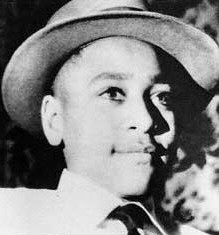
The other group showed how African Americans were combating divorce and trying to make their lives better. One way they did this was the great migration; this was when all the African Americans in the South were sick and tired of the Jim Crow laws of the South, and they packed up to go north to find a better life for themselves. This may sound like not that big of a deal, but you have to realize that many of these people are poor, and technology is not as strong as it is now. That means that many who moved away may never be able to see their loved ones again and have to leave them behind for the rest of their life.
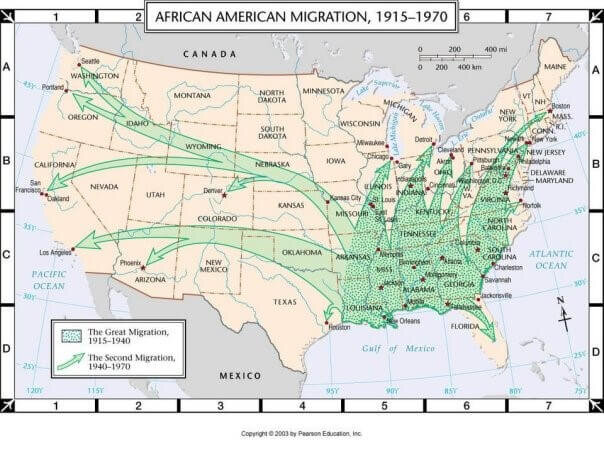
With all being said, the groups did a great job showing us the advancements and deconstruction of segregation at this time. We have learned that segregation was getting better in the United States, but there was still a lot of hate and hate crimes going on in the United States.




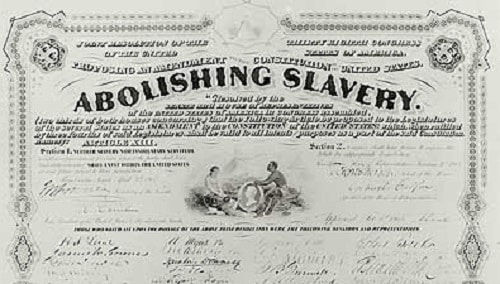

 Proverbs
Proverbs